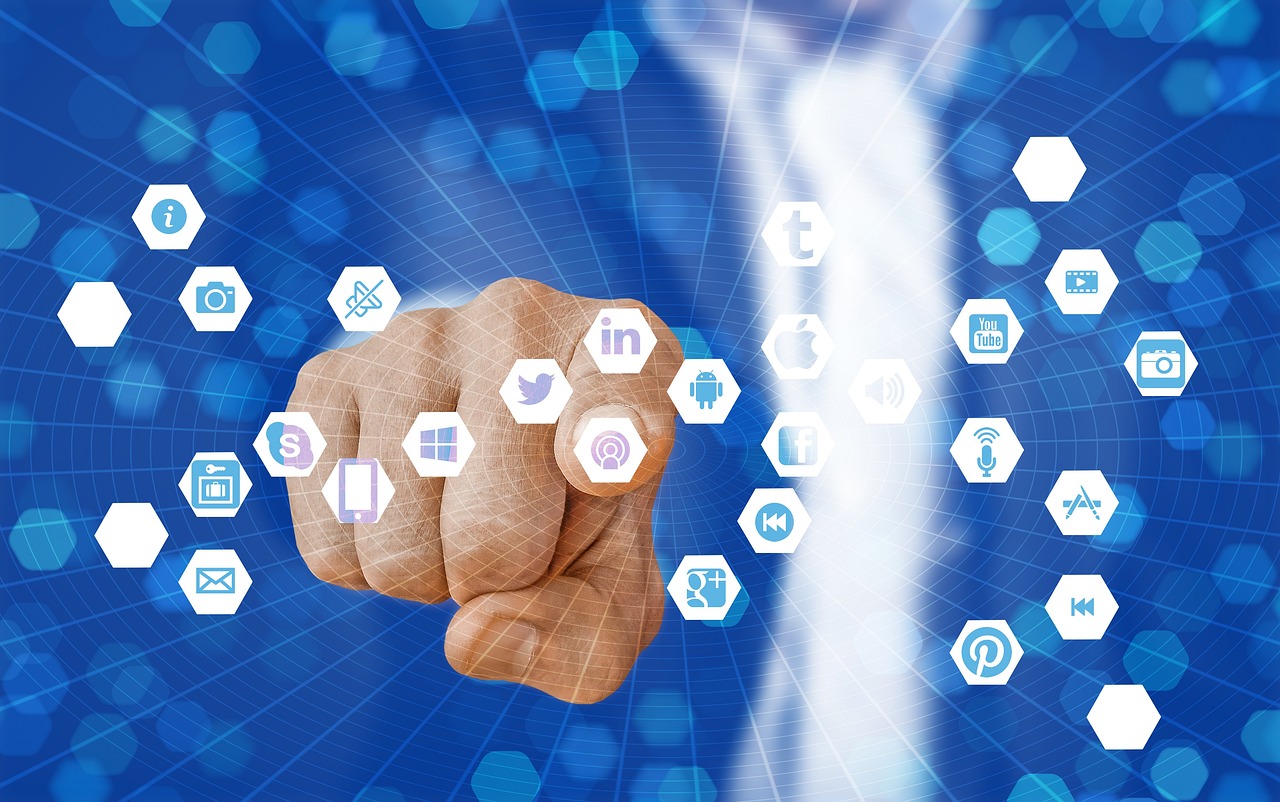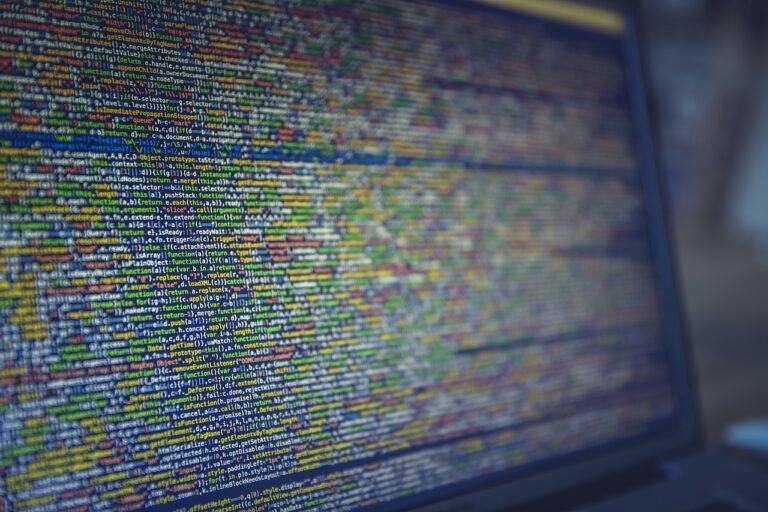Exploring the Potential of AI in Mental Health Diagnosis
Artificial Intelligence (AI) has emerged as a revolutionary tool in the field of mental health diagnosis, offering unparalleled capabilities in early detection and intervention. By analyzing vast amounts of data and detecting subtle patterns that may go unnoticed by human clinicians, AI systems have the potential to identify mental health disorders at an early stage, allowing for timely and effective interventions. This precision and efficiency of AI not only streamline the diagnostic process but also help in personalizing treatment plans for individuals based on their unique characteristics and needs.
Moreover, AI in mental health diagnosis has the ability to overcome some of the inherent limitations of traditional diagnostic methods, such as human bias and variability in judgment. By relying on objective data and algorithms, AI can provide more consistent and reliable results, leading to more accurate and unbiased assessments of mental health conditions. The integration of AI in mental health care is poised to revolutionize the way we approach diagnosis and treatment, offering new opportunities for improved outcomes and better mental health care delivery.
The Role of AI in Early Detection of Mental Health Disorders
AI has been increasingly utilized in the early detection of mental health disorders, providing a novel approach to identifying symptoms and patterns that may indicate the presence of such conditions. Through the analysis of vast amounts of data, AI algorithms can recognize subtle changes in behavior, speech, and other indicators that could signify an underlying mental health issue. By detecting these signs at an early stage, AI technology has the potential to facilitate timely intervention and support for individuals in need.
One key advantage of AI in early detection is its ability to process information rapidly and efficiently, allowing for the identification of patterns that may not be immediately apparent to human observers. This can lead to earlier diagnosis and intervention, ultimately improving outcomes for individuals struggling with mental health challenges. Additionally, AI can help bridge gaps in mental health care by providing access to screening tools and assessments in regions where resources may be limited. As AI continues to evolve and refine its capabilities, it is poised to play a significant role in revolutionizing the early detection and management of mental health disorders.
Challenges and Limitations of AI in Mental Health Diagnosis
One significant challenge in the utilization of AI for mental health diagnosis is the potential bias present in the algorithms. AI systems rely on the data they are trained on, and if this data is not diverse or representative enough, it may lead to skewed results. This lack of inclusivity in the training data can result in misdiagnosis or underdiagnosis of certain groups, perpetuating inequalities in mental health care.
Additionally, the issue of privacy and data security poses a limitation to the widespread implementation of AI in mental health diagnosis. Collecting and analyzing sensitive data, such as personal health information and behavioral patterns, raises concerns about confidentiality and the risk of data breaches. Maintaining trust between patients and AI systems is crucial for successful integration, but ensuring the protection of individuals’ privacy remains a complex challenge in the digital age.
Can AI accurately diagnose mental health disorders?
AI has shown promise in aiding with the early detection of mental health disorders, but it is not yet capable of providing definitive diagnoses on its own.
What are some challenges associated with using AI in mental health diagnosis?
Some challenges include the lack of diverse and representative data sets, concerns about privacy and data security, and the limitations of AI in understanding complex human emotions and behaviors.
How can AI be used in the early detection of mental health disorders?
AI can be used to analyze patterns in behavior, speech, and social media usage to identify potential warning signs of mental health disorders before they manifest more overtly.
Is AI intended to replace human mental health professionals?
No, AI is meant to supplement the work of mental health professionals by providing them with additional tools and insights to improve diagnosis and treatment outcomes.





